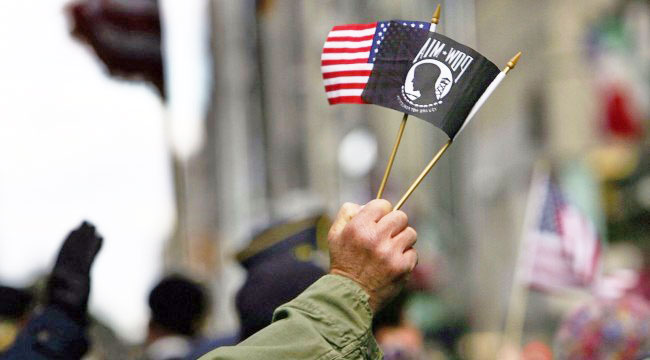
According to a study by Department of Veterans Affairs, Vietnam veterans may be more prone to a rare type of bile duct cancer because of a slow-killing parasite ingested through raw or undercooked fish during their time in southeast Asia. According to doctors, symptoms might take decades to appear and by then, it’s far too late for the patients to survive.
After collecting 50 blood samples, researchers at the Seoul National University in South Korea found that over 20 percent came back positive for liver fluke antibodies. Researchers called the results “surprising” but noted that the results could include false positives. A VA spokesperson declined to comment on the findings, but mentioned that all of those who tested positive had already been notified before publication:
Gerry Wiggins, who served in Vietnam from 1968 to 1969, has already lost friends to the disease. He was among those who got the call. “I was in a state of shock,” he said. “I didn’t think it would be me.”
The 69-year-old, who lives in Port Jefferson Station, New York, didn’t have any symptoms when he agreed to take part in the study, but hoped his participation could help save lives. He immediately scheduled further tests, discovering he had two cysts on his bile duct, which had the potential to develop into the cancer, known as cholangiocarcinoma. They have since been removed and — for now — he’s doing well.
The parasites, found in the rivers of southeast Asia, affect around 25 million people a year. If treated early, the worms can be easily treated with pills, but they can live for decades without notice before causing cancer, and symptoms only appear when the disease is in its last stages.
According to previous reporting, only half of the Vietnam veterans who sought treatment for cholangiocarcinoma submitted claims for service-related benefits because they were unaware of the disease’s tie to their wartime experience. However, around 80 percent of the veterans who did make claims saw their requests denied.
(Via Associated Press)
